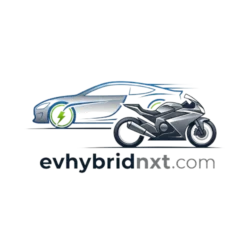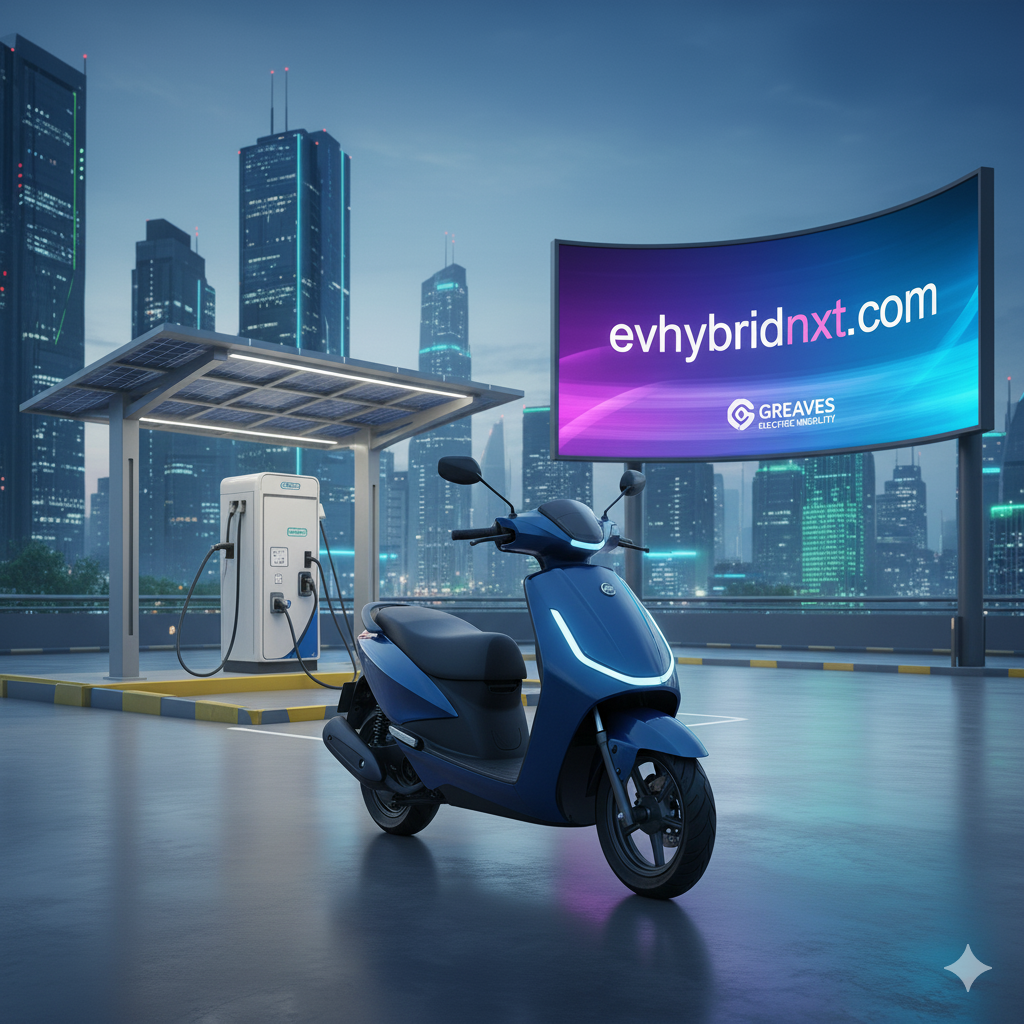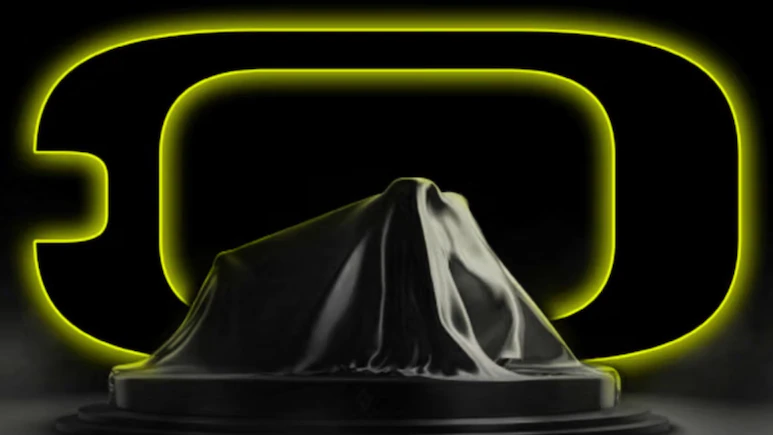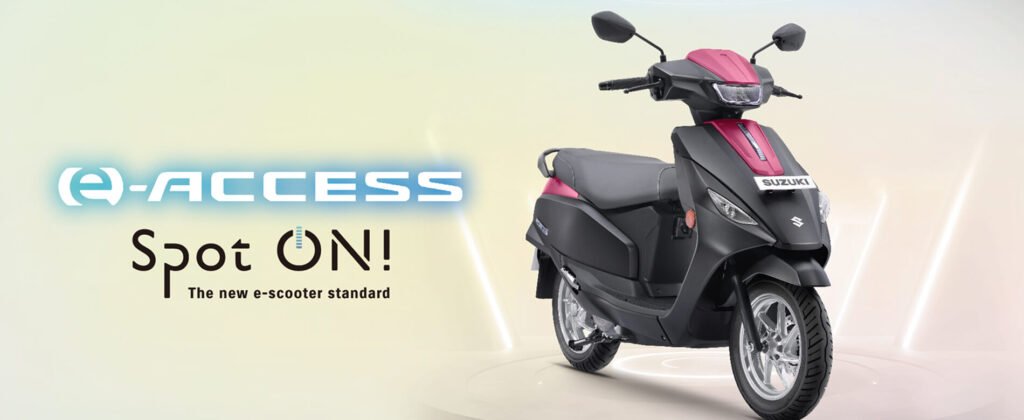In a bold step toward sustainable urban transport, Greaves Electric Mobility Ltd. (GEML), India’s pioneering EV manufacturer under the Ampere brand, has deepened its alliance with TriEV, a trailblazing green fleet operator. Announced on September 23, 2025, this expanded partnership targets the B2B fleet segment, aiming to supercharge the shift to electric vehicles in last-mile delivery and bike taxi services a
With India’s EV market projected to surge to 30% penetration by 2030, this collaboration underscores the growing momentum for eco-friendly logistics, reducing emissions and operational costs in one of the world’s most congested urban hubs.GEML’s strategic pivot reflects its ethos of “Outperform, Outlast, Outshine,” as articulated by company leaders. By scaling deployments and innovating battery solutions, the duo is not just electrifying fleets but redefining efficiency in commercial mobility—a critical need as e-commerce booms and sustainability mandates tighten.
Ampere Magnus SW S Scooters: The Backbone of Sustainable Fleets
At the heart of this initiative is the Ampere Magnus SW S, a rugged electric scooter engineered exclusively for commercial demands. Currently powering over 850 units in TriEV’s Delhi operations, the fleet is set to balloon to more than 1,500 vehicles in the coming months, driven by surging demand for green urban logistics.
Rolled out from GEML’s state-of-the-art Ampere MegaFactory in Ranipet, Tamil Nadu, the Magnus SW S boasts a robust build tailored for intensive use: a 2.3kWh removable lithium-ion battery delivering up to 80-100km per charge, IP67-rated waterproofing, and a payload capacity of 150kg.
Its ergonomic design includes a spacious under-seat storage, digital instrument cluster, and combined braking system, ensuring rider comfort during long shifts. Priced competitively for B2B buyers (around ₹85,000-₹1 lakh ex-showroom), it undercuts diesel counterparts while slashing running costs by 80% through zero fuel expenses and minimal maintenance.This expansion isn’t isolated; it builds on GEML’s broader B2B push, where Ampere vehicles have clocked millions of green kilometers, supporting partners in delivery giants like Zomato and Swiggy. The Magnus SW S’s reliability has earned it accolades for durability in real-world tests, positioning it as a frontrunner in India’s electric two-wheeler commercial space.
| Feature | Ampere Magnus SW S Specs |
|---|---|
| Battery | 2.3kWh Li-ion (removable) |
| Range | 80-100km per charge |
| Top Speed | 55km/h |
| Payload | 150kg |
| Charging Time | 4-5 hours (full) |
| Price (B2B) | ₹85,000-₹1 lakh (ex-showroom) |
Battery Swapping: The Game-Changer for Fleet Uptime
No partnership thrives without seamless infrastructure, and here Indofast Energy steps in as the unsung hero. Specializing in battery-swapping tech, Indofast enables riders to exchange drained packs for charged ones in under two minutes at strategic swap stations across Delhi hubs—eliminating the downtime that plagues traditional charging.
This innovation boosts fleet utilization by 30-40%, as per industry benchmarks, allowing operators like TriEV to handle more deliveries without idle time. Indofast’s ecosystem includes solar-powered stations and AI-driven battery health monitoring, ensuring 99% uptime. For last-mile warriors navigating Delhi’s traffic snarls, this means fewer headaches and higher earnings—vital in a sector where margins are razor-thin.The synergy of GEML’s manufacturing prowess, TriEV’s operational expertise, and Indofast’s tech backbone creates a closed-loop system: vehicles built for swaps, fleets optimized for them, and energy solutions that scale. It’s a model ripe for replication in Mumbai, Bengaluru, and beyond, where urban density demands quick-turnaround logistics.
GEML’s Broader Vision: Innovating for a Swap-Free Future
This tie-up is more than expansion—it’s a milestone in GEML’s B2B conquest. With over 1,500 employees and ₹226 million in funding fueling its growth, the company is eyeing non-swap markets too.
On the horizon: a Magnus platform variant promising over 100km range on a single charge, ideal for regions with sparse charging networks. This diversification caters to diverse fleet needs, from high-density metros to semi-urban routes.Vikas Singh, Managing Director of GEML, emphasized the partnership’s ripple effects: “We’re not just supplying vehicles; we’re enabling a sustainable ecosystem that empowers operators and cuts carbon footprints.” Recent moves, like the All India Supplier Partners Vision Summit in Bengaluru, further solidify GEML’s supply chain for uninterrupted production.
In parallel, GEML’s three-wheeler arm, including the Eltra City XTRA cargo EV, is gaining 4% market share in L5 diesel segments, signaling a multi-pronged assault on fossil fuels. Financing arms like Greaves Finance are also pitching in, offering tailored loans to make EV adoption barrier-free.
Why This Matters: A Catalyst for India’s Green Logistics Revolution
India’s last-mile delivery sector, valued at $15 billion and growing 20% annually, is a pollution hotspot—responsible for 15% of urban emissions. Initiatives like this could slash that by deploying 10,000+ EVs by 2027, aligning with FAME-III incentives and net-zero goals. For TriEV, it means greener credentials and cost savings; for GEML, a foothold in a ₹50,000 crore B2B EV pie.Challenges persist—battery supply chains and infrastructure gaps—but partnerships like this are the antidote. As Delhi’s air quality battles rage, the Ampere Magnus SW S fleet symbolizes hope: quieter streets, healthier riders, and a logistics network that’s as efficient as it is earth-friendly.
Conclusion: Pedaling Toward a Charged Tomorrow
Greaves Electric Mobility and TriEV’s scaled operations aren’t just business—it’s a blueprint for electrifying India’s veins. With the Ampere Magnus SW S leading the charge and battery swaps ensuring the pace, this collaboration accelerates the last-mile toward sustainability. As GEML innovates variants for every terrain, expect more such green waves. In the race to a cleaner India, these players are not just scaling operations—they’re redefining the finish line.
7 web pages



